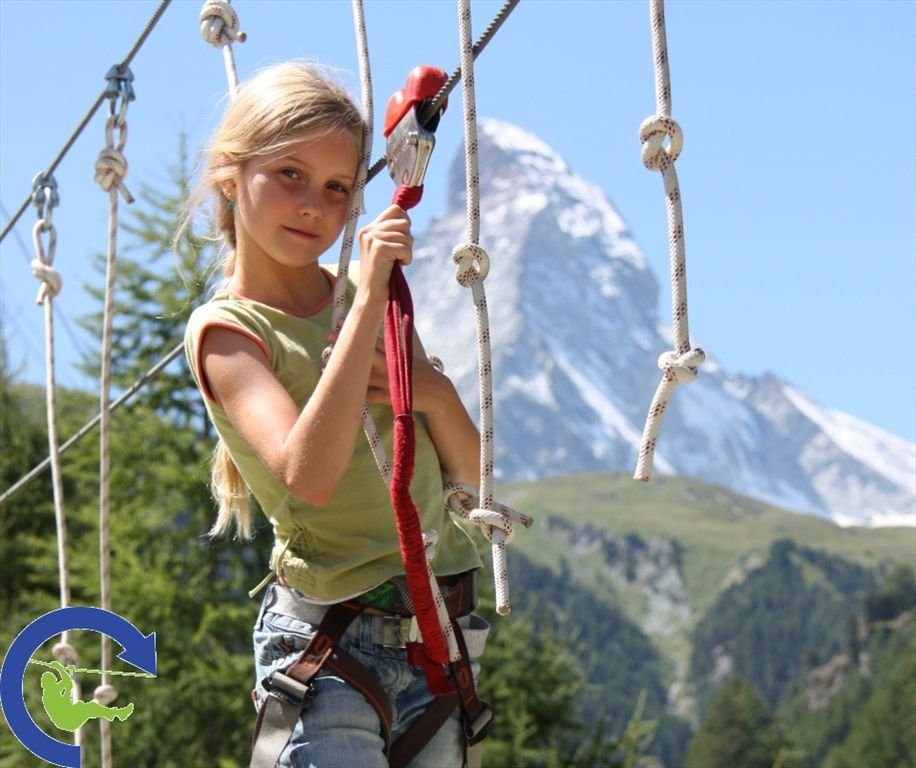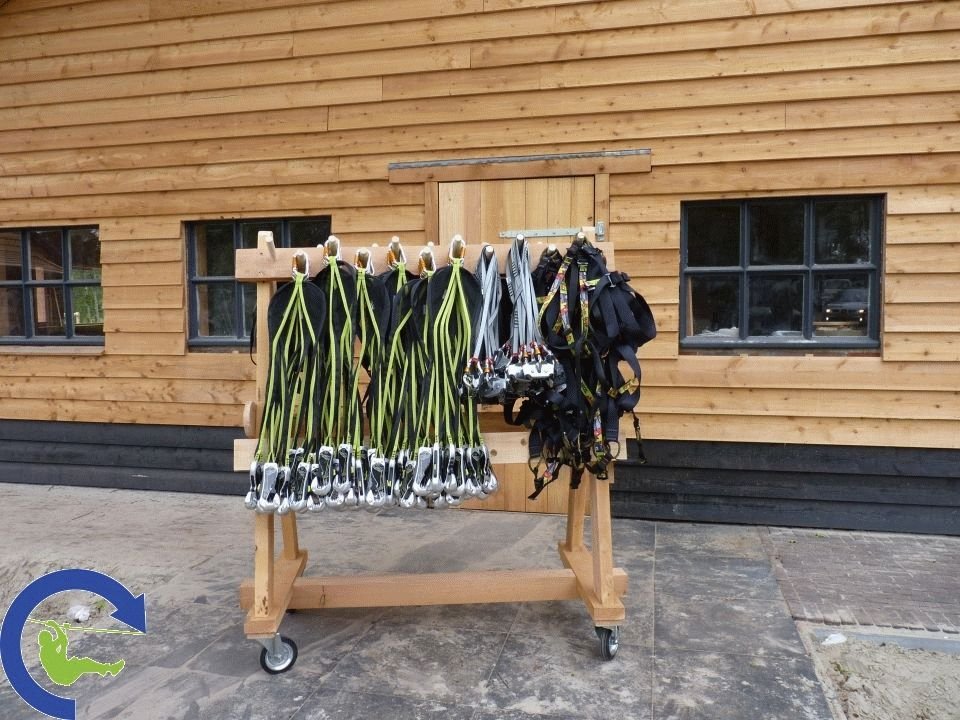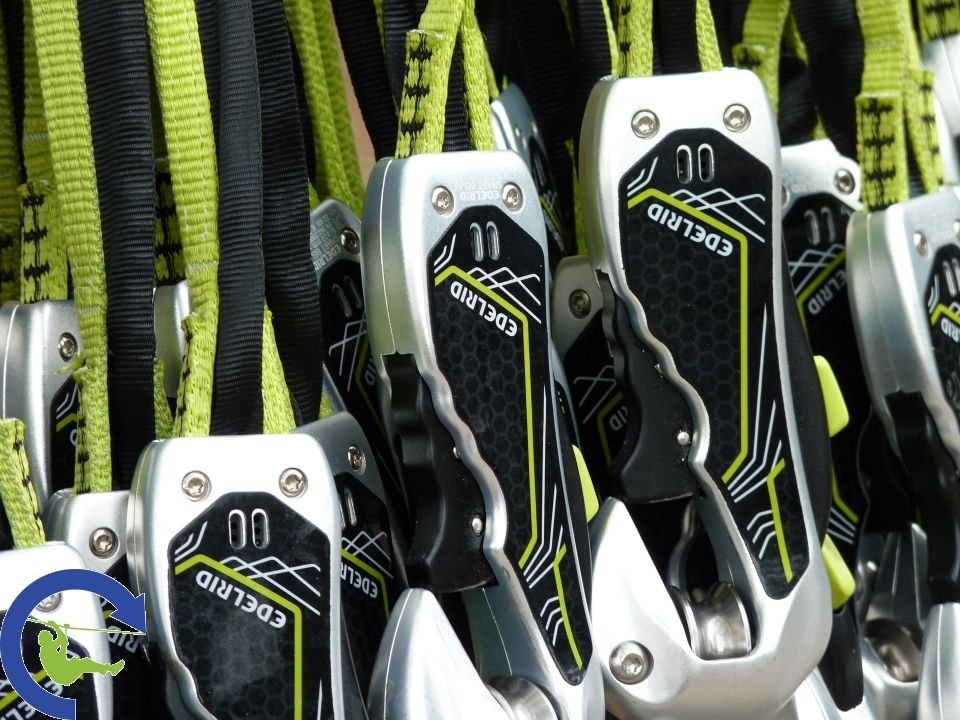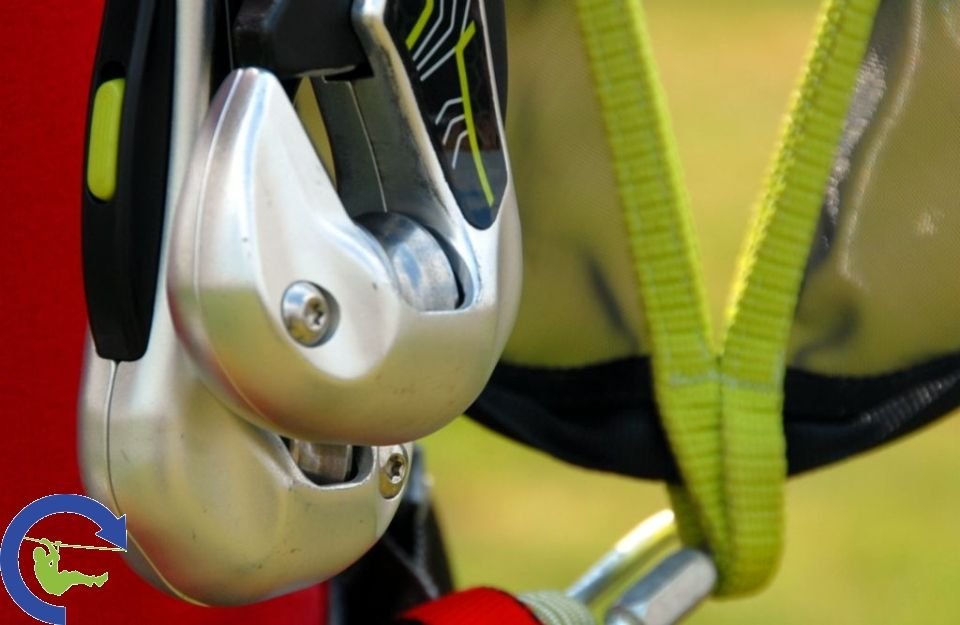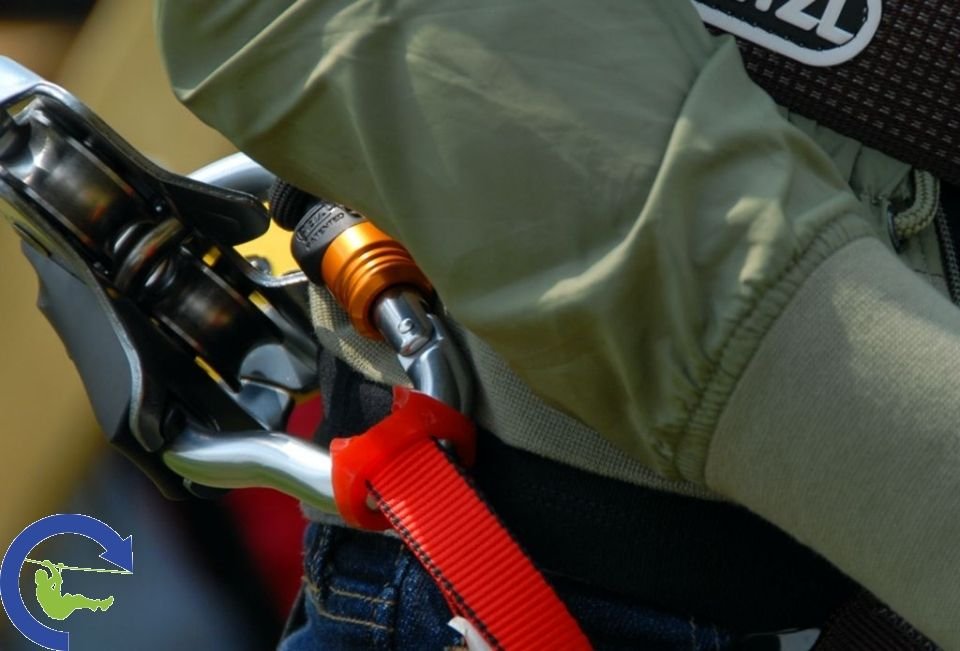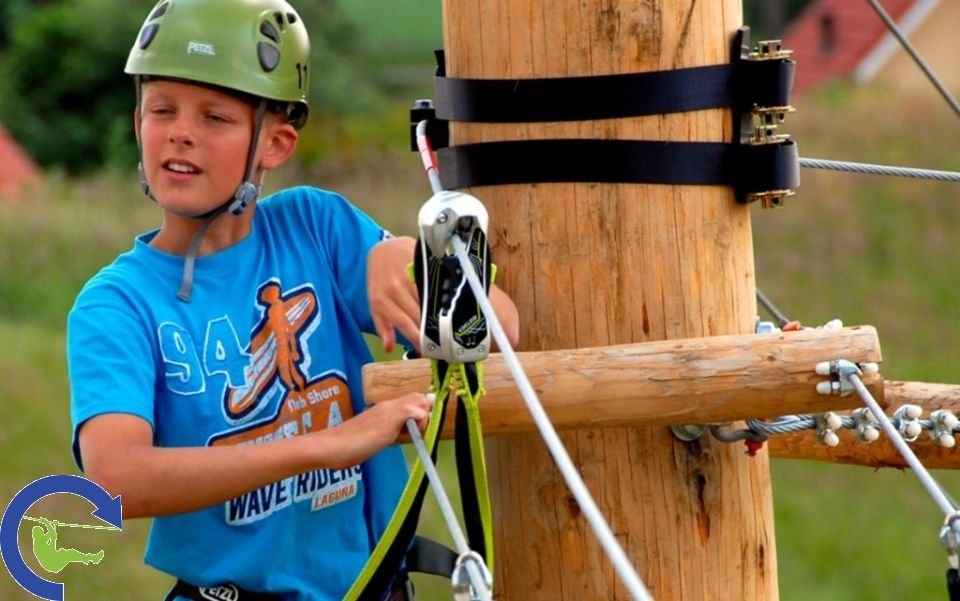Selecting the right safety and belay system is essential for any forest high-wire or adventure park. Traditional self-belay systems use two carabiners, requiring participants to manually detach and reattach themselves to safety lines at each course transition. This process introduces risk, particularly for children, as accidental detachment can happen if both carabiners are unclipped at the same time-a common cause of climbing incidents.
Modern safety technology now offers advanced alternatives that greatly minimize these risks. Continuous belay systems keep participants securely attached to the safety line throughout the entire course, eliminating the chance of accidental disconnection. This not only streamlines movement through the course but also enhances safety and reduces the need for constant supervision. These systems are user-friendly and suitable for a broad range of visitors, making them an excellent choice for operators prioritizing safety and operational efficiency.
Smart belay systems provide another innovative approach. With interconnected carabiners, they ensure that at least one connection remains secured at all times, significantly reducing the risk of accidental detachment. These systems maintain the authentic climbing experience while adding an extra layer of protection, and they can often be retrofitted to existing courses.
When choosing a belay system, consider factors such as safety, ease of use, staffing needs, instruction time, visitor flow, adaptability, and maintenance. Continuous and smart belay systems stand out for their enhanced safety, efficiency, and improved guest experience-making them a smart investment for any forest high-wire course.
| Self-belay | Permanent belay | Continuous belay | |
| Overall safety level | |||
| Customer handling | |||
| Staff required | |||
| Instruction time | |||
| Visitor turnover | |||
| Retrofitting | |||
| Set up costs | |||
| Maintenance costs | |||
| Recommended by Skywalker* | |||
| Products available | Various |
Edelrid: Smart Belay LockD Clips |
Speedrunner: Saferoller |












